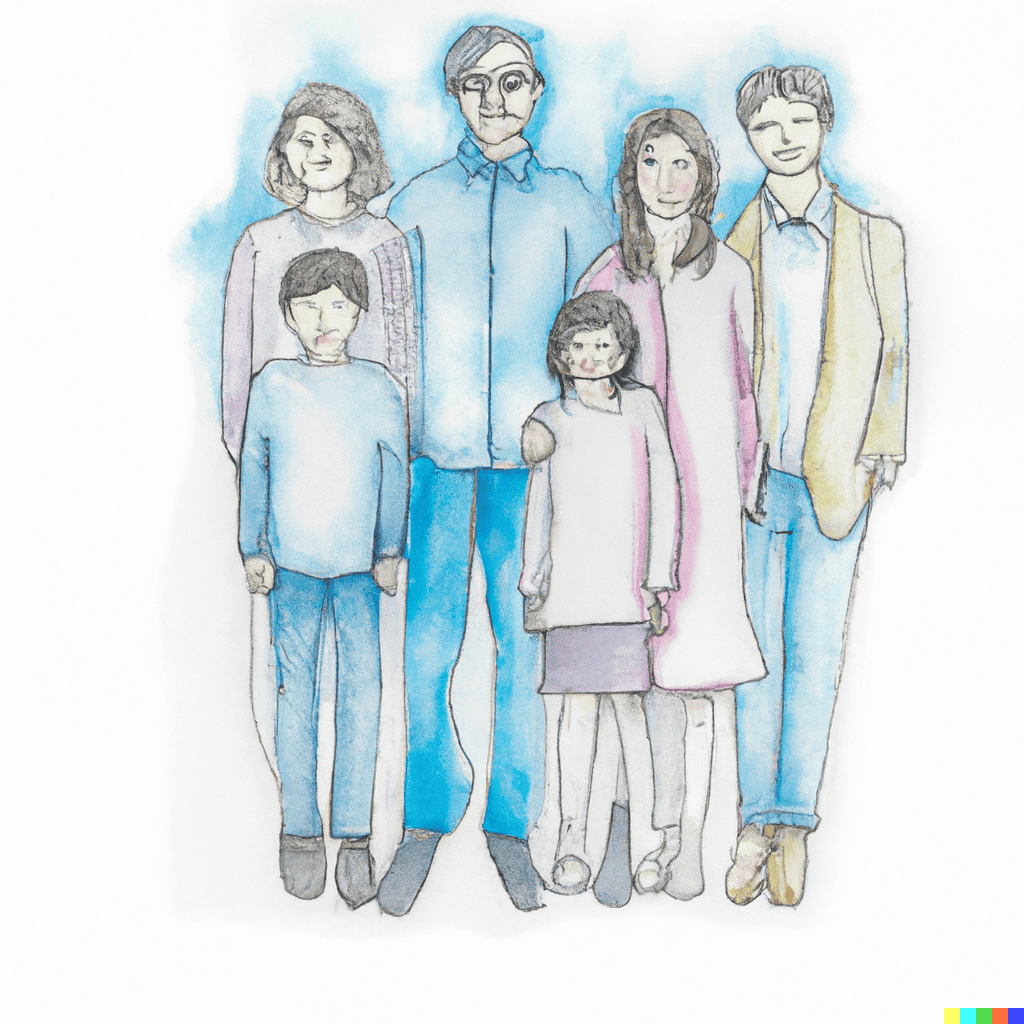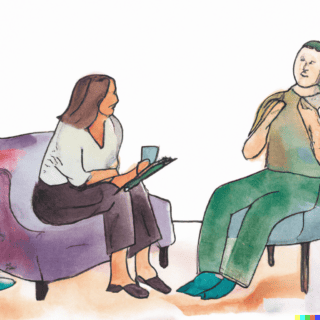Adult adoption, like all forms of adoption, carries significant emotional and legal weight. While it offers a unique opportunity to solidify and formalize familial bonds between consenting adults, ethical considerations are paramount throughout the process. This article aims to guide individuals and families in Florida who are contemplating adult adoption by exploring the following:
- Key ethical considerations involved in adult adoption.
- Ensuring the well-being and informed consent of the adult adoptee.
- Ethical dilemmas that may arise and how to navigate them responsibly.
- The invaluable role of social workers and counselors in ethical adoption practices.
- The potential consequences of unethical practices for all parties involved.
Ethical Considerations for Adult Adoption
- Autonomy and Consent: Both the adoptive parents and the individual seeking adoption must possess full autonomy and provide free and informed consent throughout the process. Coercion, undue pressure, or manipulation have no place in ethical adult adoption.
- Transparency and Open Communication: Open communication regarding expectations, motivations, and potential legal and emotional implications is crucial for all parties involved. Honesty and transparency foster trust and ensure everyone enters the process with full awareness.
- Respect for Existing Relationships: Understanding and respecting existing familial relationships, including potential concerns from biological parents or other relatives, is vital. Open communication and sensitivity can help navigate these dynamics thoughtfully.
- Financial Transparency: Clear and open communication regarding any financial aspects of the adoption, such as legal fees or inheritance plans, is essential to avoid ethical conflicts and potential exploitation.
- Cultural Sensitivity: Cultural considerations, including the individual’s heritage and traditions, should be acknowledged and respectfully integrated into the adoption process.
Ensuring the Well-Being and Consent of the Adoptee
- Independent Legal Counsel: The adult adoptee should have access to independent legal counsel to understand their rights, responsibilities, and the full legal implications of the adoption.
- Comprehensive Counseling: Engaging in pre-adoption counseling with a qualified professional can help the individual explore their motivations, address any potential emotional concerns, and ensure they are making a well-informed decision.
- Openness to Existing Relationships: Respecting the individual’s existing relationships with biological parents, siblings, or other family members is crucial. Adoption shouldn’t disrupt these connections unless the individual desires it.
- Focus on Personal Growth: The primary focus of adult adoption should be on supporting the individual’s personal growth and well-being, not solely on financial or inheritance benefits.
Ethical Dilemmas in Adult Adoption Cases
- Motivations for Adoption: While diverse motivations exist for adult adoption, such as strengthening familial bonds or providing legal benefits, unethical situations can arise if the primary motivation is financial gain, exploitation, or manipulation.
- Vulnerability of Adoptees: Individuals considering adoption, especially those facing challenging circumstances, may be vulnerable to manipulation or undue pressure. Recognizing and protecting this vulnerability is paramount.
- Clashing Cultural Values: Differences in cultural values and traditions between the adoptive family and the individual can lead to ethical dilemmas. Respectful dialogue and cultural sensitivity are key to navigating these differences.
- Impact on Existing Familial Relationships: Adult adoption can sometimes strain existing relationships with biological families. Careful consideration and open communication are crucial to navigating these dynamics ethically.
Role of Social Workers and Counselors
Social workers and counselors play a critical role in ensuring ethical practices throughout the adult adoption process. They can:
- Provide independent assessments: assessing the motivations, emotional well-being, and understanding of all parties involved, ensuring informed consent, and preventing exploitation.
- Facilitate open communication by mediating open and honest communication between all parties, addressing concerns, and fostering understanding.
- Educate on ethical considerations: inform all involved about ethical guidelines and potential pitfalls, and promote responsible decision-making.
- Connect to resources: providing referrals to legal counsel, financial advisors, or cultural competency resources as needed.
Impact of Unethical Practices
Unethical practices in adult adoption can have detrimental consequences for all parties involved, including:
- Emotional harm: Manipulation, coercion, or disregard for the individual’s well-being can lead to emotional distress, resentment, and broken relationships.
- Legal challenges: Unethical practices can invalidate the adoption altogether, leading to costly and emotionally draining legal disputes.
- Financial exploitation: Exploiting the individual’s vulnerability for financial gain can have severe financial and emotional consequences.
- Erosion of trust: Unethical behavior erodes trust and respect, harming not only the immediate relationships but also the broader perception of ethical adoption practices.
By prioritizing ethical considerations, open communication, and the well-being of all involved, adult adoption can offer a beautiful opportunity to solidify familial bonds and provide mutual support. Remember, seeking guidance from experienced professionals like adoption attorneys, social workers, and counselors can ensure a smooth and ethically sound journey.
To ensure an ethical adult adoption process, contact The Law Office of Tammi J Driver.
Disclaimer: This article is for general informational purposes only and should not be interpreted as legal advice.



